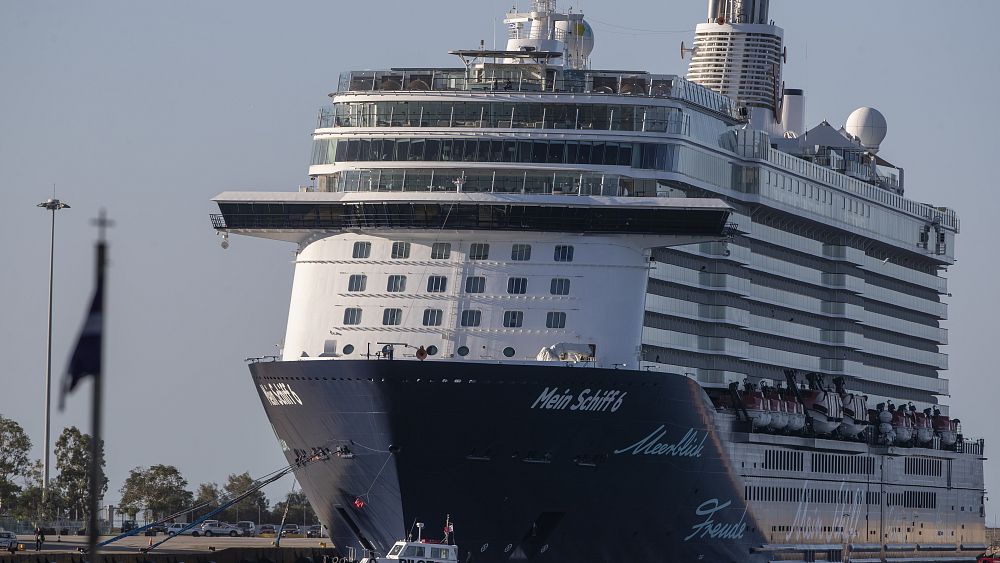The UK government is considering plans to move arriving asylum seekers offshore to small islands or disused ferries moored of the British coast while their claims are processed, officials have said.
The proposals are among several being debated by ministers who want to discourage migrants from attempting to cross into the country from France.
More than 5,000 people successfully crossed the English Channel in small boats in the first eight months of this year, double the number that made the journey in the whole of 2019.
Many are taken by people smugglers who can charge thousands of euros per person for the trip.
European authorities announced this week that 12 people were arrested as part of a four-nation police operation to dismantle one criminal network of smugglers.
But British Home Secretary Priti Patel is understood to favour offshore processing, a system controversially used in Australia, to fulfil her promise to deter arriving economic migrants by making the sea route “unviable” for illegal crossings.
One idea — to process the migrants on decommissioned oil rigs in the North Sea — was deemed a “no go”, The Times reported on Thursday.
But plans including using dozens of cabins on board old cruise ships or building a processing centre on a small Scottish island are still being discussed, it added.
Other possible territories including the remote Atlantic Ocean of Ascension Island are no longer being considered as sites for potential offshore centres after officials said they would be expensive and logistically complicated.
UK Prime Minister Boris Johnson has called crossing the Channel a “bad and stupid and dangerous and criminal thing to do”, stating that “cruel and criminal gangs” were taking advantage of those who are vulnerable.
The proposed British model would emulate a system used for decades in Australia, where asylum seekers arriving by boat were not kept in the country while their claims were processed.
Human rights campaigners have long opposed the Australian government’s policy of moving migrants to centres on the islands of Manus, in Papua New Guinea, and Nauru. The controversial centres have been closed and reopened several times in recent years.






:max_bytes(150000):strip_icc():focal(672x503:674x505)/la-los-angeles-fires-firefighter-eaton-altadena-011025-5257f645c8054757859ce4efda04817b.jpg)